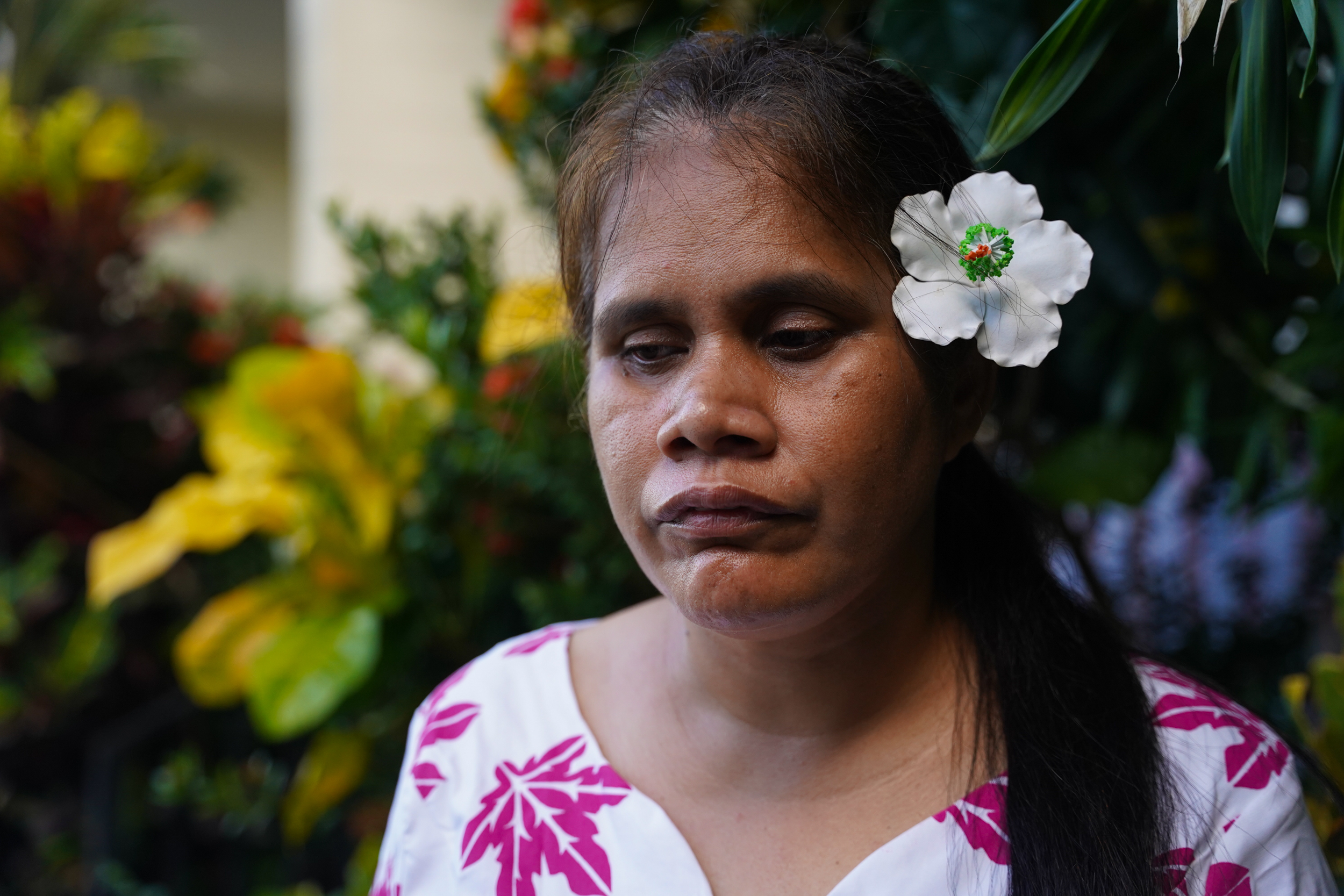
News
A Disability Rights Champion in the Pacific
Faaolo – Mother, Educator and Advocate for Persons with Disabilities in Samoa
June 30, 2023
APIA, Samoa – Bula & Talofa, everyone. I’m Isoa from Fiji Islands, and I work at the Disability Pride Hub. I interviewed Faaolo Utumapu-Utailesolo, the program officer for the Pacific Island Countries with the Disability Rights Fund. She is a blind activist with extensive experience in disability rights, and she is also an educator. She is married and a proud mother to a son. Motherhood is her greatest accomplishment, as it has bought so much joy and pride in raising her son to be part of what she is passionate about.
Question: What work are you really passionate about and in what field specifically?
Answer: The challenge as an advocate is … trying to change the mindset of our community that people with disabilities have rights. It’s our job as a society to make sure that they achieve their rights. I work at the Disability Rights Fund, and we give out grants to organizations to actually advocate for the implementation of the CRPD [UN Convention on the Rights of Persons with Disabilities].
Question: What is your message to the government and to the families of persons with disabilities?
Answer: To the government, my message is to allocate fairly the budget and resources to persons with disabilities. For families, we need to create more awareness and be open-minded, also to support and understand people with disabilities.
Question: Would you be able to tell me any success stories about your journey in other areas of work as well as in your family?
Answer: I think the success for me is seeing a lot of organizations of persons with disabilities being set up. There were also some implementation works done by organizations of persons with disabilities in the Pacific through advocacy for the implementation of CRPD. My parents supported my education and since there were no resources here in Samoa, they sent me to New Zealand to sit for my university entrance, and I also studied in Australia.
Question: What is your message to the young and aspiring leaders in the OPDs around the region?
Answer: As an advocate, you get knocked down by things and you keep going because you know that there are other people with disabilities who need a lot of support and who will need you to be paving the way.
DJP Fellow Isoa Nabainivalu is an assistant project officer at the Disability Pride Hub (DPH) in Fiji. He has worked as a project officer at the Fiji Association of the Deaf, is an alumnus of the Young Pacific Leaders Fellowship (YPL), was president of the Fiji Disabled Peoples Federation youth committee, and vice chairperson for the Fiji Sign Language Committee. @2023 Disability Pride Hub. All rights reserved.
News From the Global Frontlines of Disability Justice
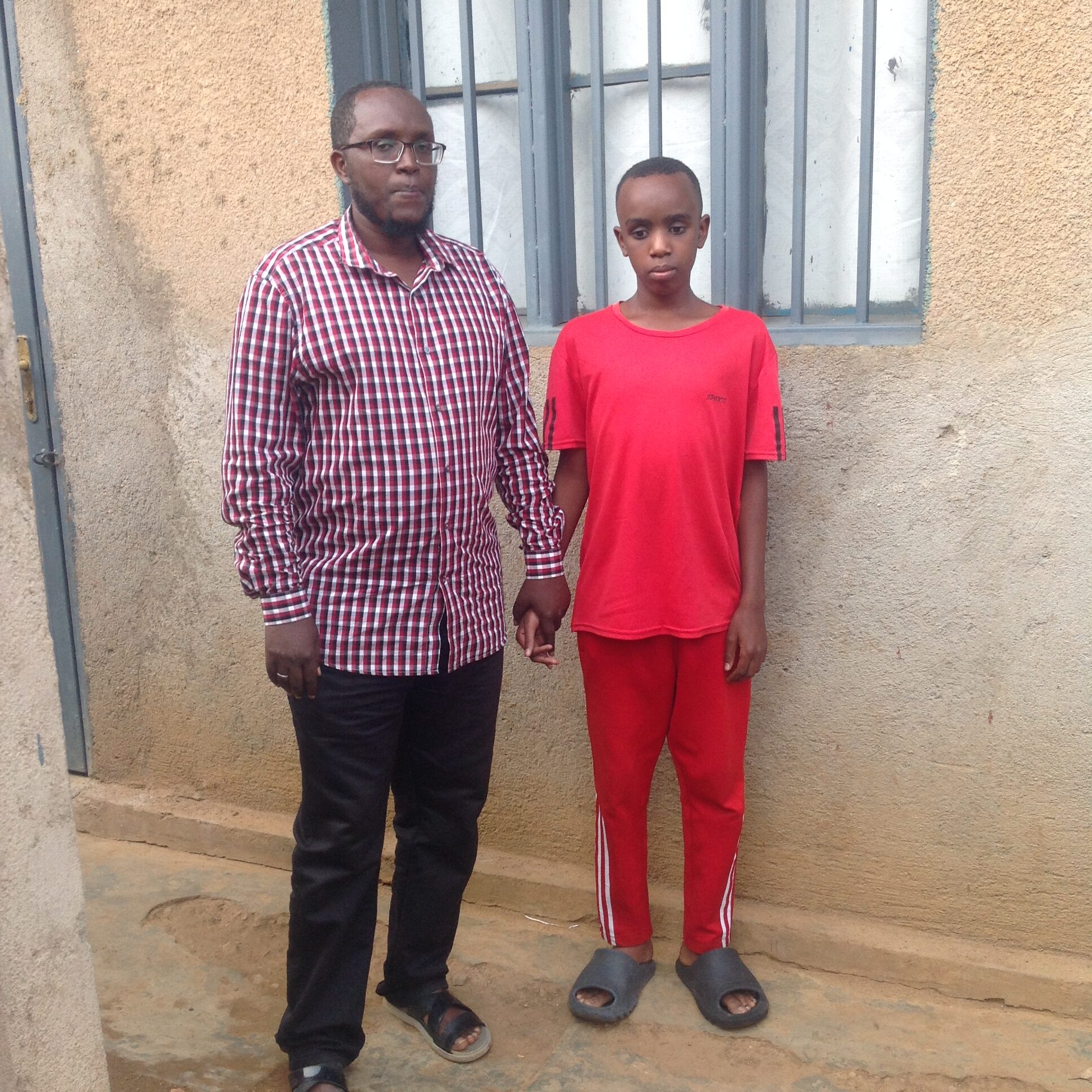
‘I Just Want to Walk Alone’
Fourteen-year-old Saifi Qudra relies on others to move safely through his day. Like many blind children in Rwanda, he has never had a white cane. His father, Mussah Habineza, escorts him everywhere. “He wants to walk like other children,” Habineza says, “He wants to be free.” Across Rwanda, the absence of white canes limits children’s mobility, confidence, and opportunity. For families, it also shapes daily routines, futures, and the boundaries of independence.
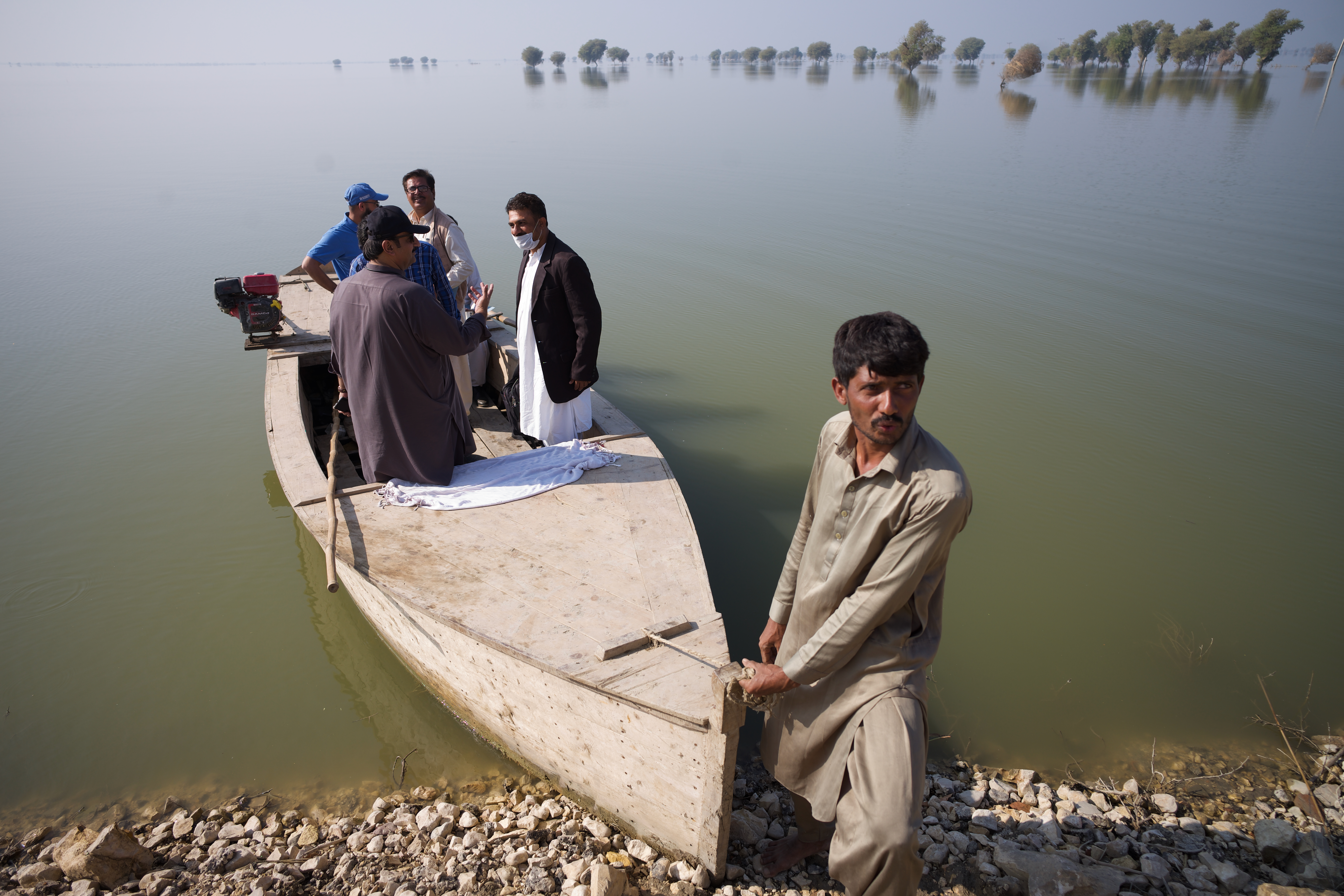
‘Evacuation Routes Are Meant for People Who Can Run’
As climate change and conflict intensify across Pakistan, emergency systems continue to exclude people with disabilities. Warning messages, evacuation routes, and shelters are often inaccessible, leaving many without critical information when floods or violence erupt. “Evacuation routes are built for people who can run,” Deaf author and policy advocate Kashaf Alvi says, “and information is broadcast in ways that a significant population cannot access.”
Read more about ‘Evacuation Routes Are Meant for People Who Can Run’
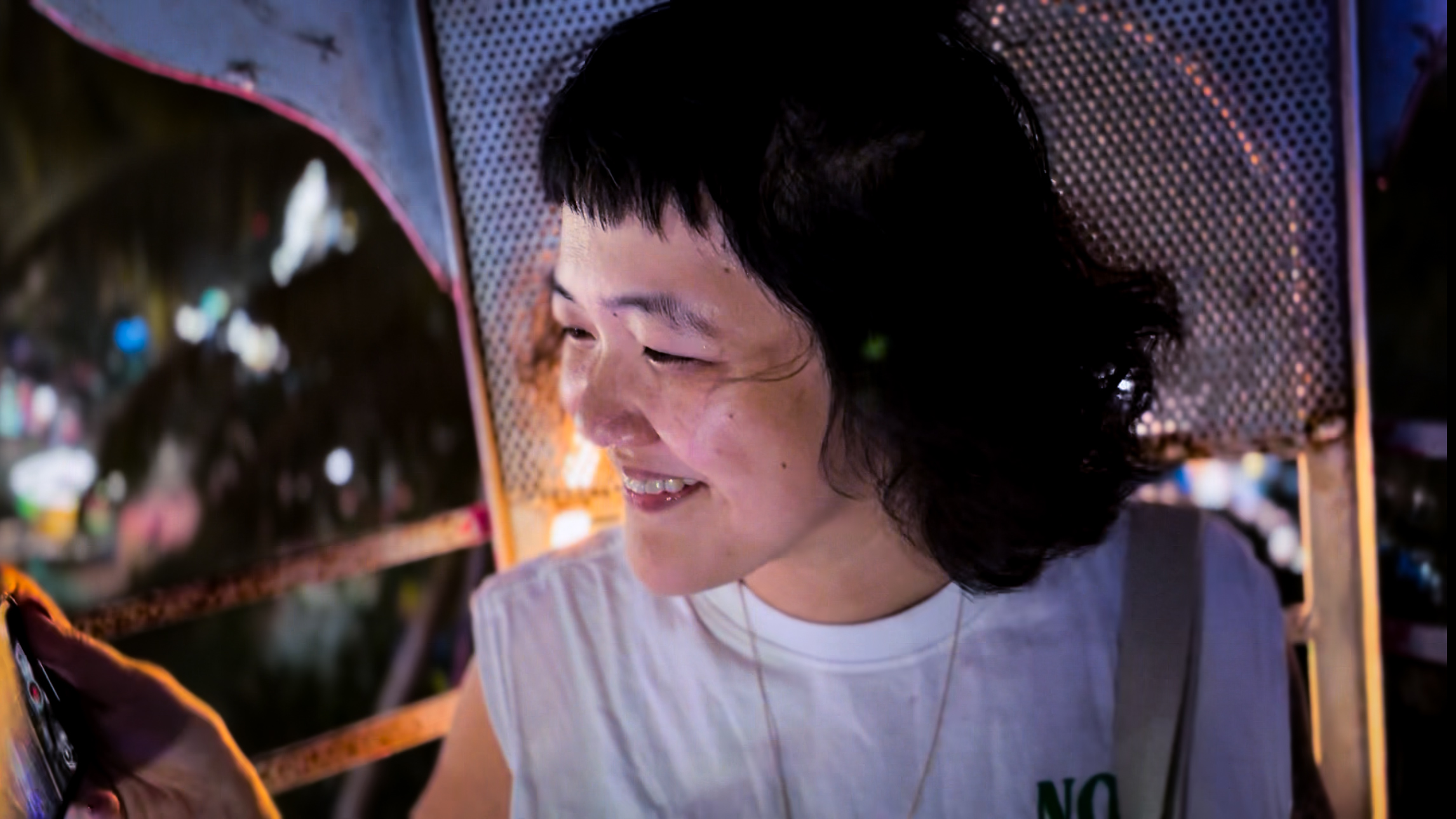
Autism, Reframed
Late in life, Malaysian filmmaker Beatrice Leong learned she was autistic and began reckoning with decades of misdiagnosis, harm, and erasure. What started as interviews with other late-diagnosed women became a decision to tell her own story, on her own terms. In The Myth of Monsters, Leong reframes autism through lived experience, using filmmaking as an act of self-definition and political refusal.
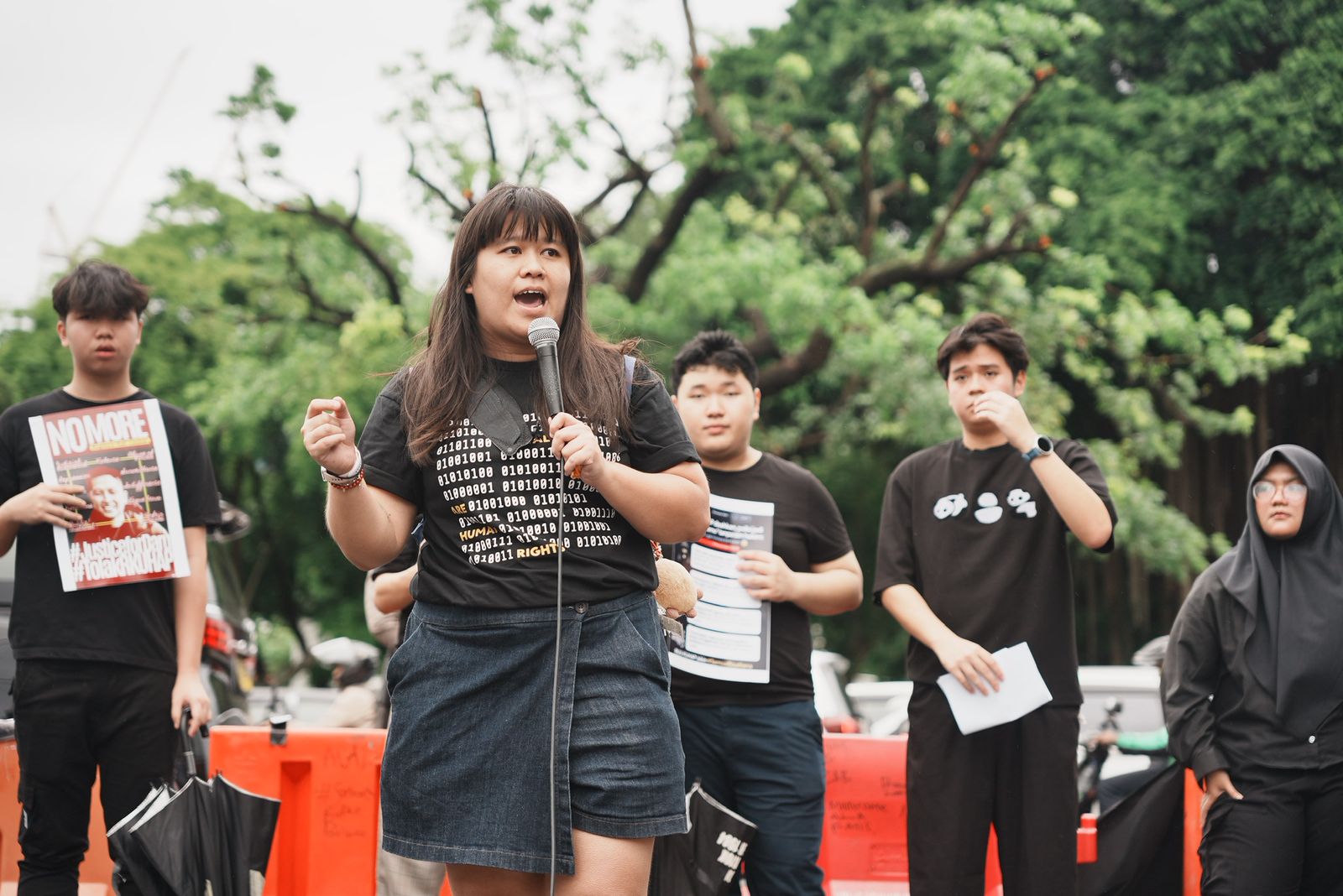
Disability and Due Process
As Indonesia overhauls its criminal code, disability rights advocates say long-standing barriers are being reinforced rather than removed. Nena Hutahaean, a lawyer and activist, warns the new code treats disability through a charitable lens rather than as a matter of rights. “Persons with disabilities aren’t supported to be independent and empowered,” she says. “… They’re considered incapable.”

Disability in a Time of War
Ukraine’s long-standing system of institutionalizing children with disabilities has only worsened under the pressures of war. While some facilities received funding to rebuild, children with the highest support needs were left in overcrowded, understaffed institutions where neglect deepened as the conflict escalated. “The war brought incredibly immediate, visceral dangers for this population,” says DRI’s Eric Rosenthal. “Once the war hit, they were immediately left behind.”
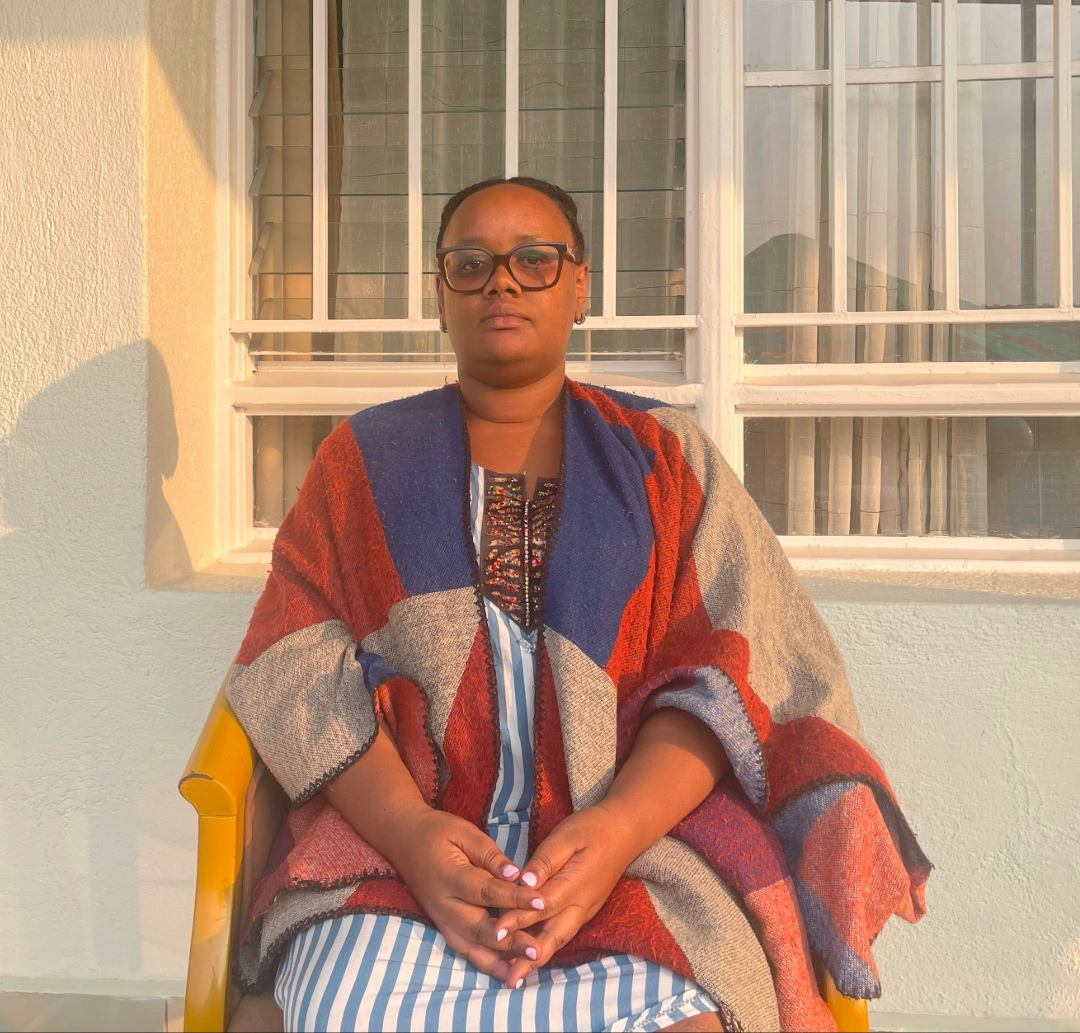
The Language Gap
More than a year after the launch of Rwanda’s Sign Language Dictionary, Deaf communities are still waiting for the government to make it official. Without Cabinet recognition, communication in classrooms, hospitals, and courts remains inconsistent. “In the hospital, we still write down symptoms or point to pictures,” says Jannat Umuhoza. “If doctors used sign language from the dictionary, I would feel safe and understood.”